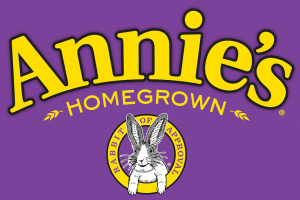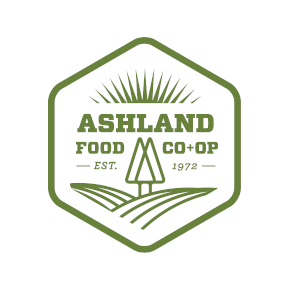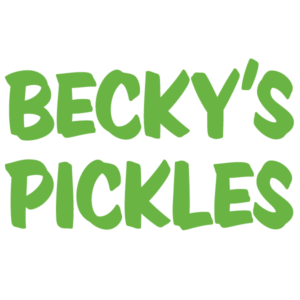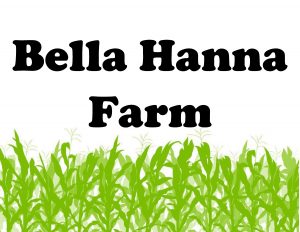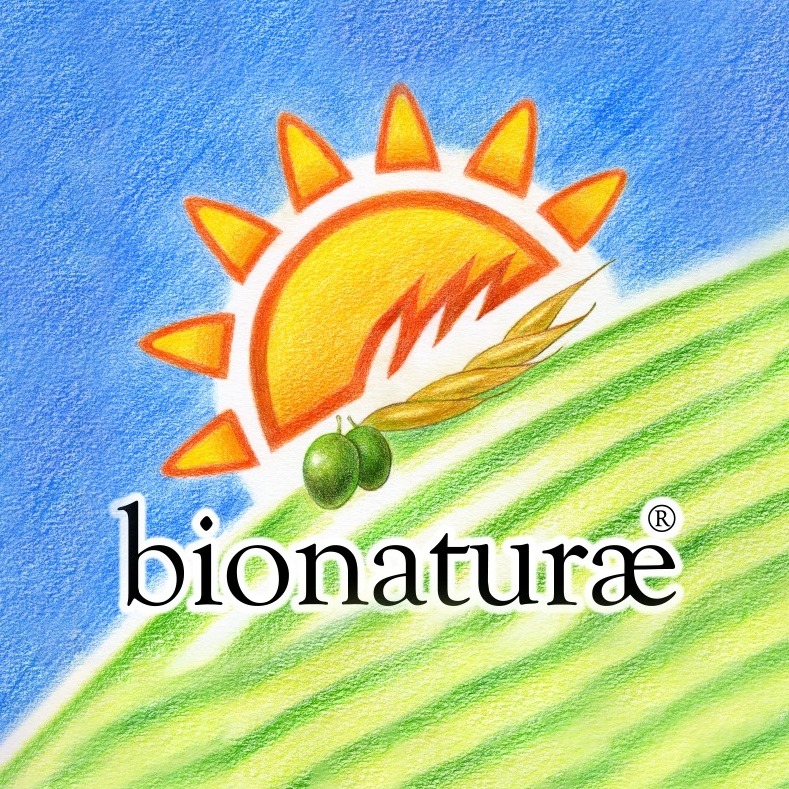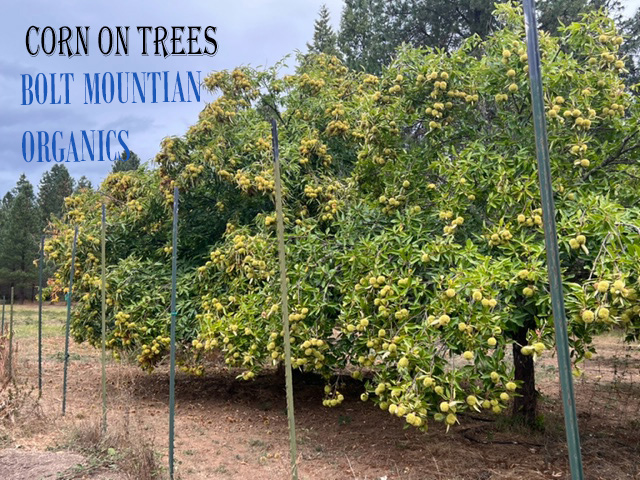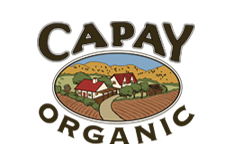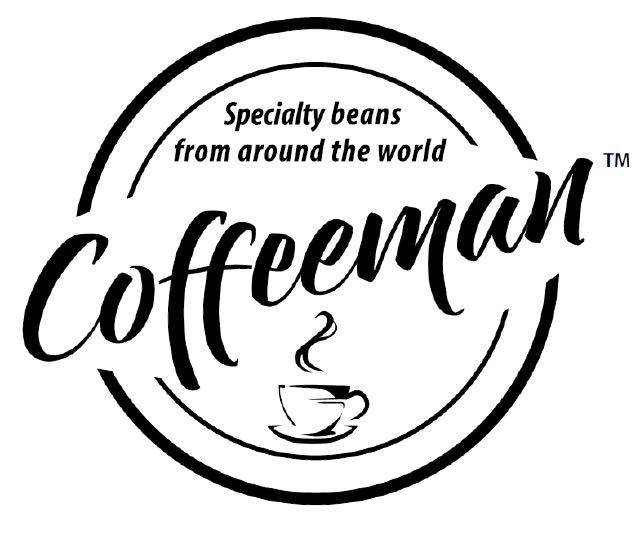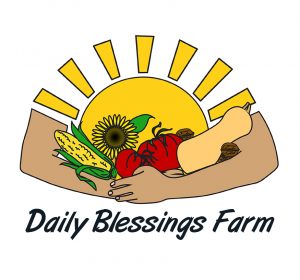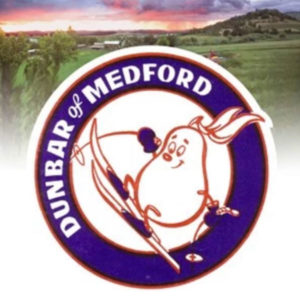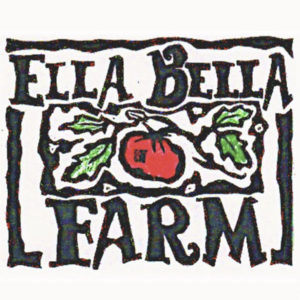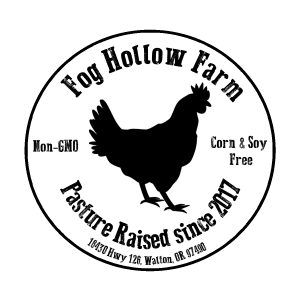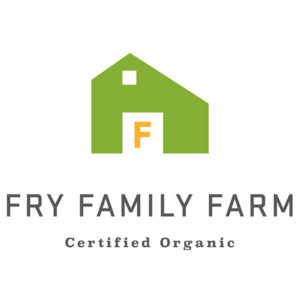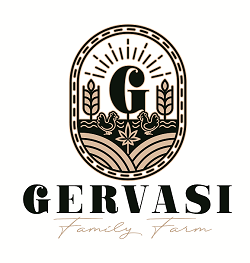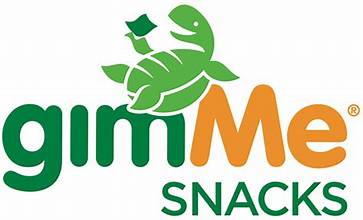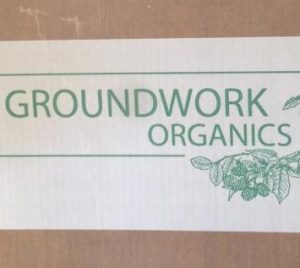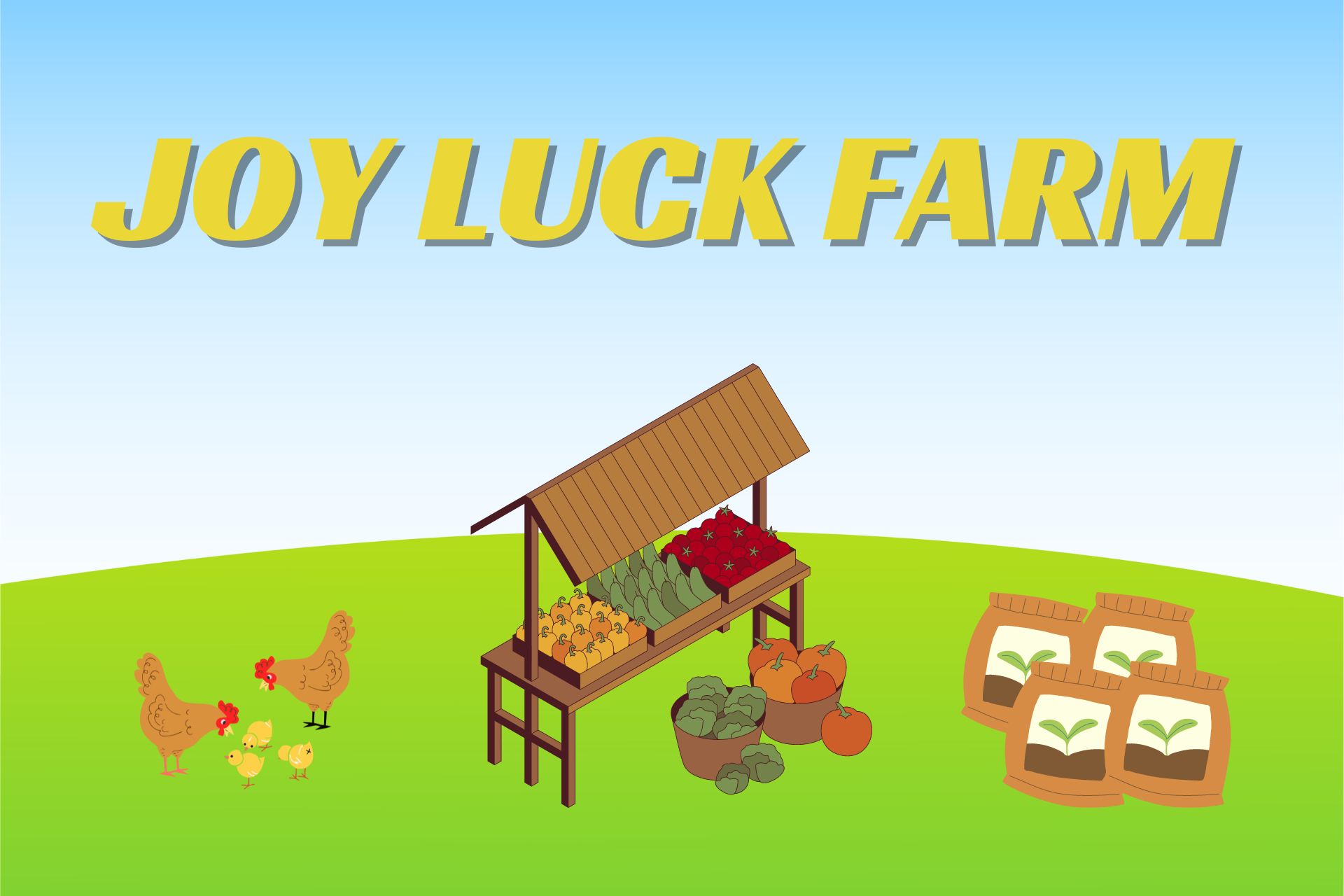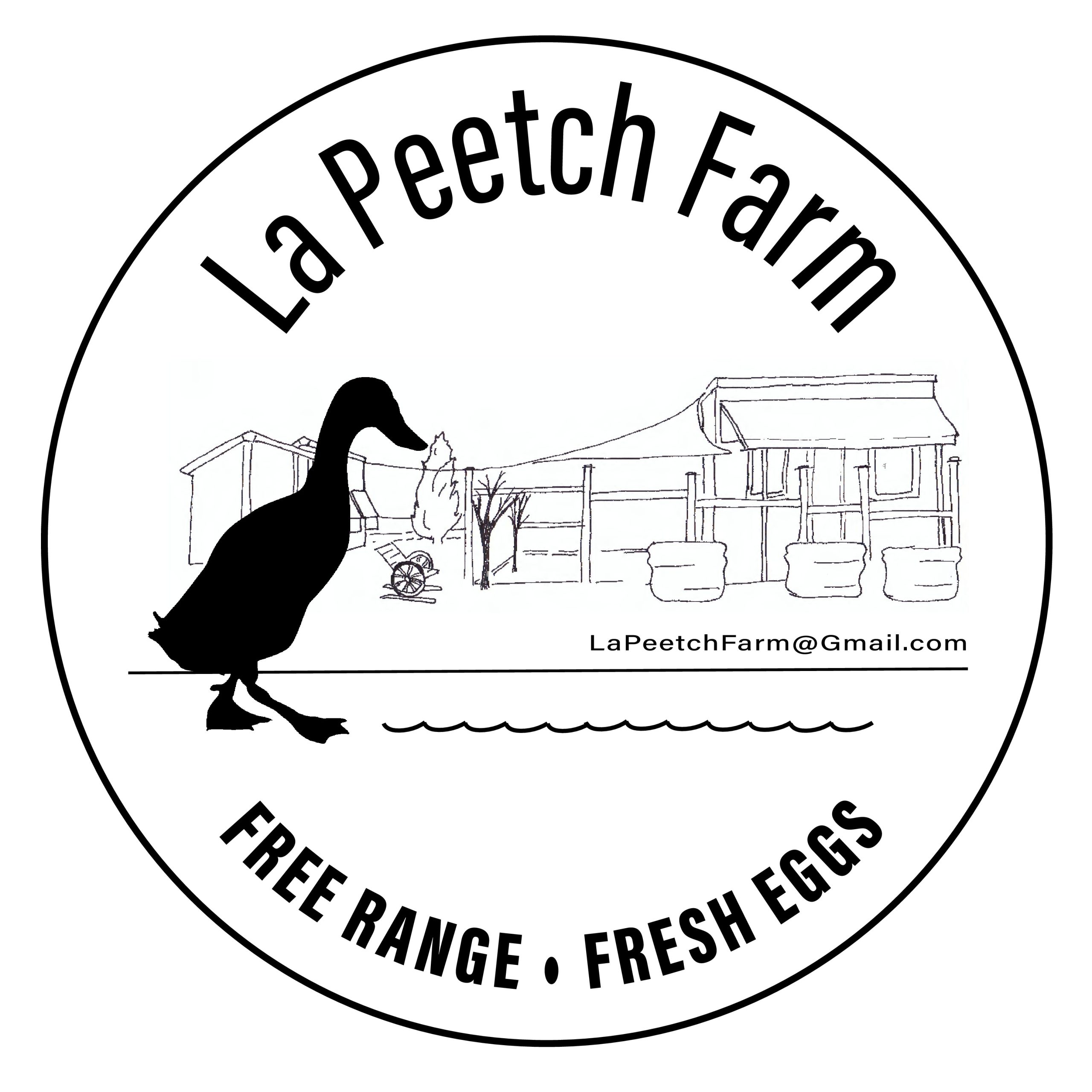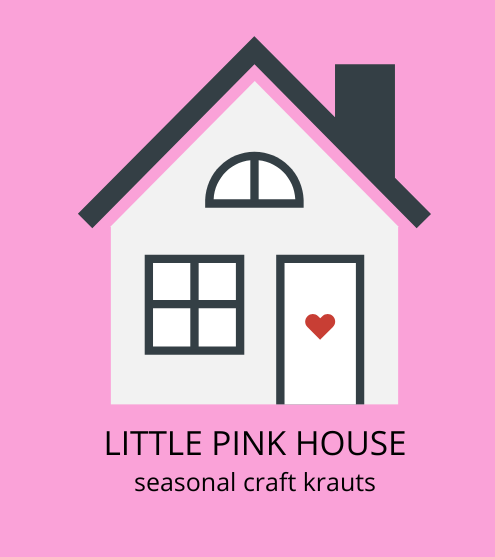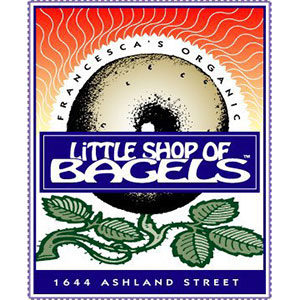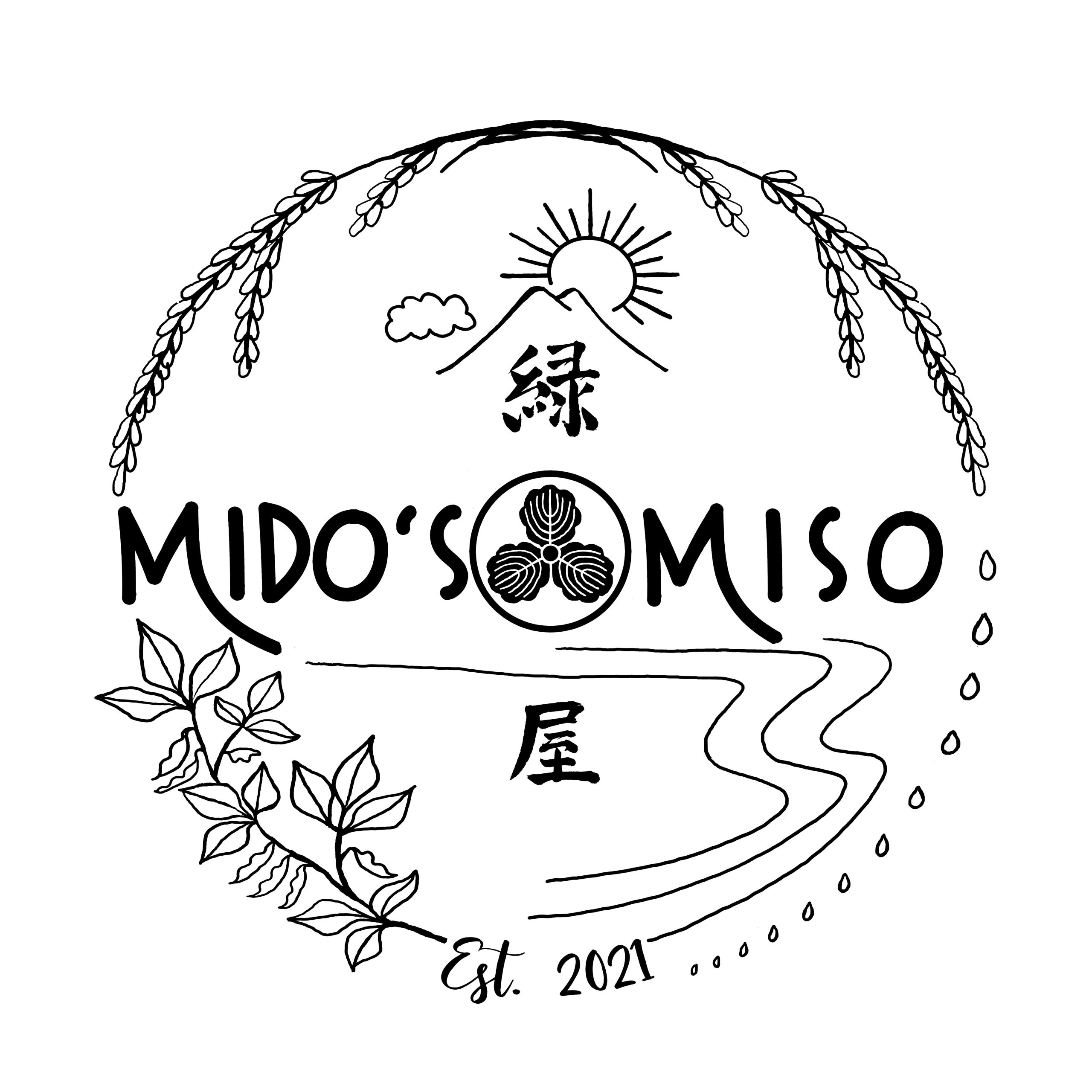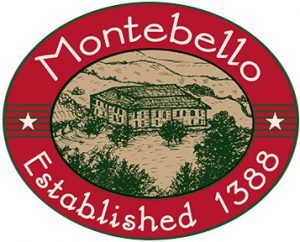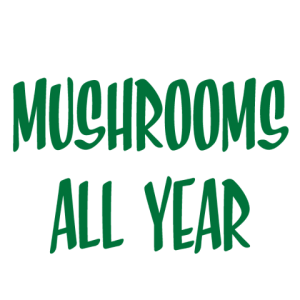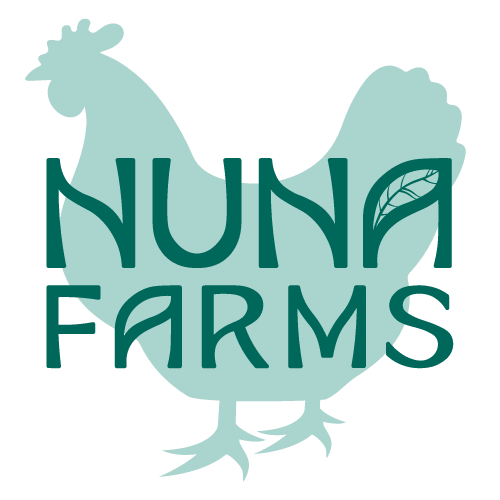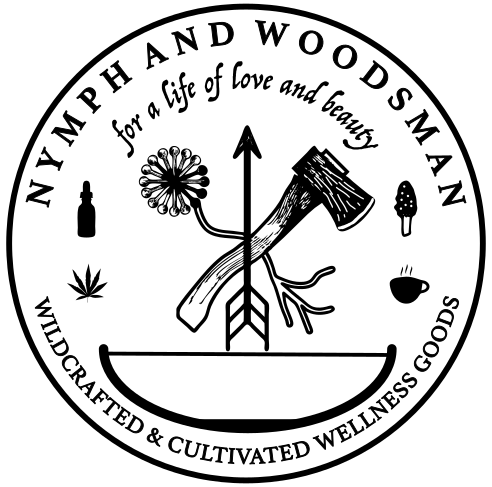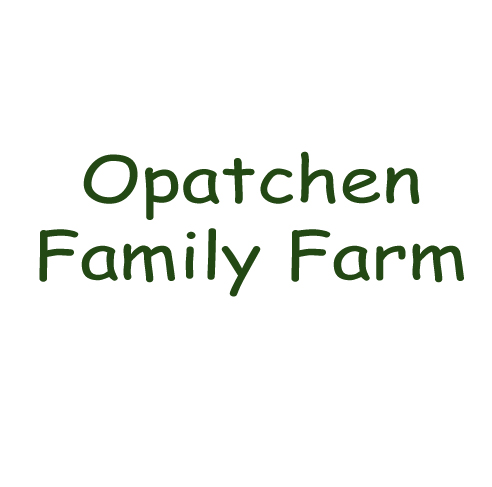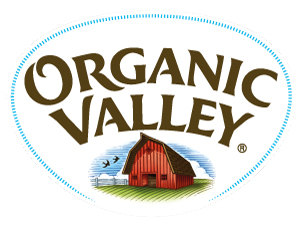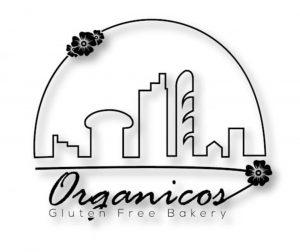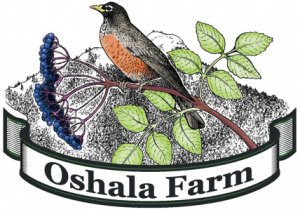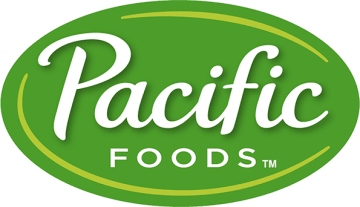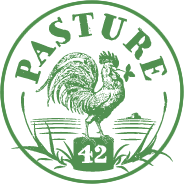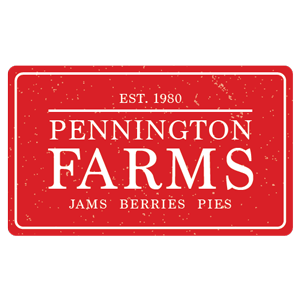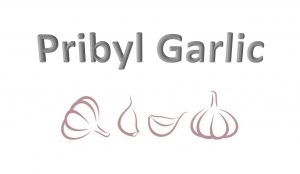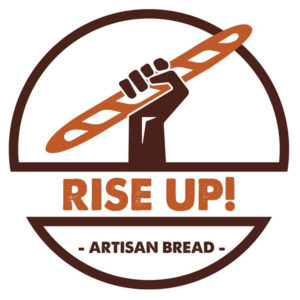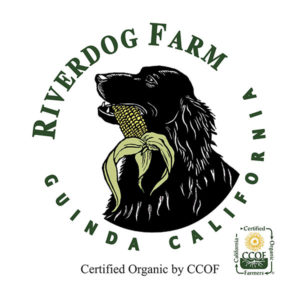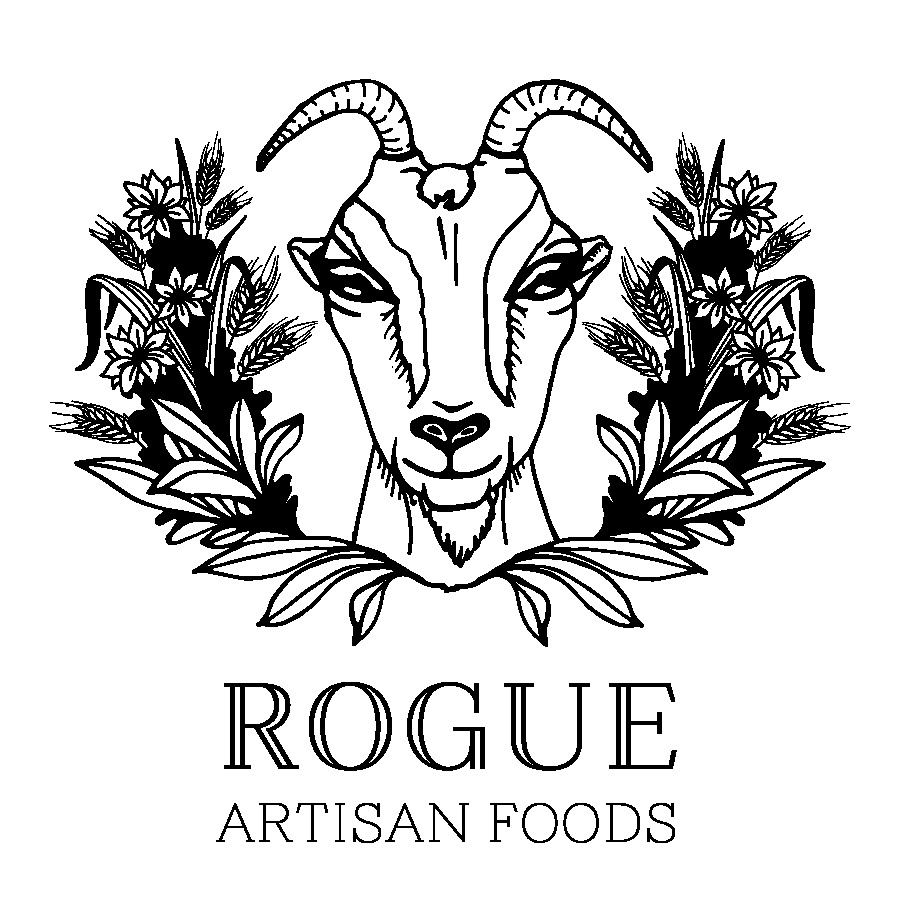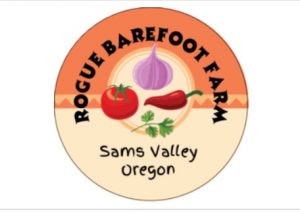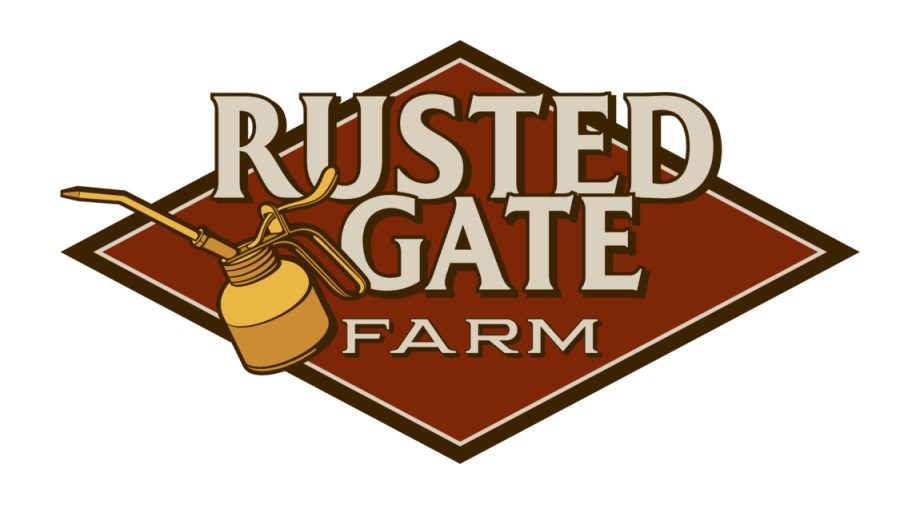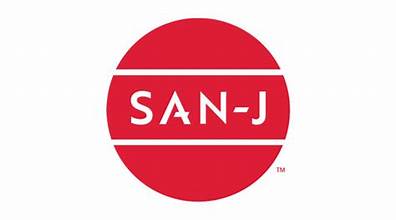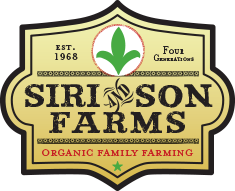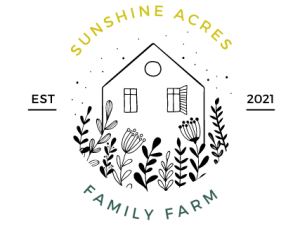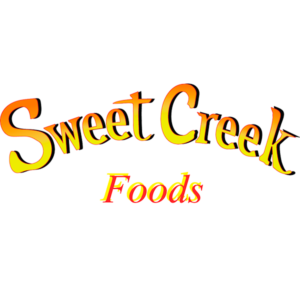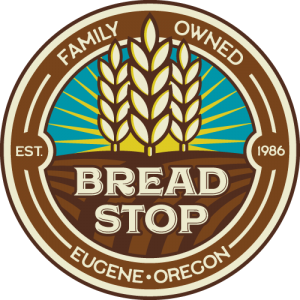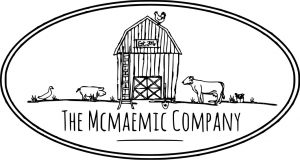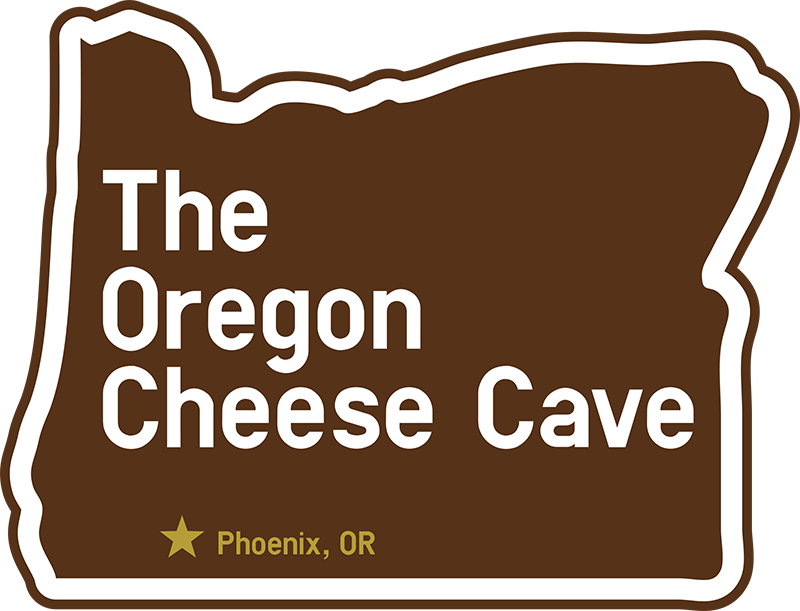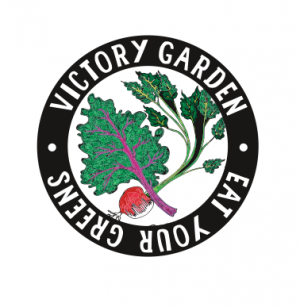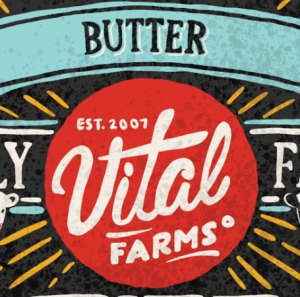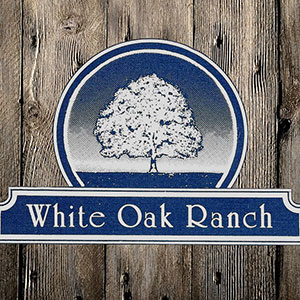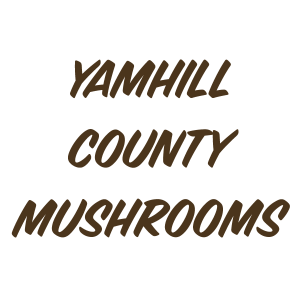Composting Food Scraps, Your Way
Rogue Produce has been collecting food scraps from homes and businesses in Southern Oregon for over a decade. Recently, we’ve added new service options to make it easy to get your kitchen scraps off the path to the landfill, and on the road to local farms. Our local farms place a high value on your food scraps, because it lowers their costs by providing needed nutrients to their soil, and their animals.
Our farmers regularly express their gratitude for our Community Compost program, and everyone who makes the effort to participate. This appreciation continues to inspire us to be innovative with our service, so that we can get the greatest amount of food scraps diverted from the land fill and delivered to creative and hard working farmers.
Check out our latest innovations, and explore our traditional service options, and see if they might be a good fit for you! We’ll get started with the latest in Community Compost Creativity!
Belview Grange Drop Site
Every Thursday, between 9:00am and 1:00pm, we set out bins to collect your scraps. This service costs you only $10 a month, and you can learn more, or sign-up by clicking here.
After you sign-up, we’ll be in touch to go over logistics and answer any questions you may have.
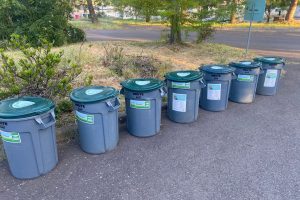 Ashland Grower’s Market
Ashland Grower’s Market
This option doesn’t cost you a dime! Through the efforts of the Ashland Climate Collaborative, and with funding from the Ashland Food Co-Op, we’ve been providing food scrap collection bins at the Ashland Grower’s Market (behind Science Works) every Tuesday, between 8:30am and 1:00pm.
We are so grateful for the support of local businesses and non-profits that have made this service option come alive. We currently divert 8 large bins of food scraps every Tuesday! That equates to around 100 households that utilize this option to get their scraps to local farms.
Medford Grower’s Market
With inspiration from the Ashland Grower’s Market project, we’ve started the same operation at the Grower’s Market in Medford, at Hawthorne Park. Bins are out from 8:30am to 1:00pm every Thursday, if you’d like to take advantage of this option!
Direct Pick Up
We understand that it’s not always easy to get to a drop site, so we also offer direct pick up at your home. Currently, this service is available for residents living in Ashland and Talent. On your designated pick up day, just leave out a container with your scraps. We’ll come collect the contents, leave you your container, and get the scraps to local farms!
If the direct pick up option sounds right for you, here’s where you can sign-up.
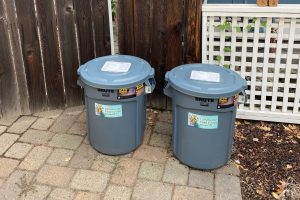 But Wait, There’s One More Way!
But Wait, There’s One More Way!
To lower costs for customers, we have Neighborhood Drop Sites at some locations in Ashland and Talent. You may have a neighbor that hosts a community collection bin that lives nearby!
If you’d like to explore this option, give us a call (541) 301-3426, and we can see if there’s a convenient Neighborhood Drop Site near you. Or, perhaps you’d like to start one?
If you want to read a fun story about a resident in Ashland who started a Neighborhood Drop Site in his area, have a look at this recent article he shared about his experience: The Millpond “Compost Man.”
Other Ways You Can Support, and Enjoy!
At Rogue Produce, we make the effort to go “full circle,” by purchasing produce from our local farms and selling it to you at our Online Farmers Market. You can support our Community Compost efforts, and enjoy the best of local produce, delivered directly to your door!
When you become a Farmers Market Member with Rogue Produce and begin purchasing local produce from our Online Market, you immediately support our community-building, soil-sustaining, farm-helping, and small-business-partnering efforts.
Stay in the LOOP!
If you’re not currently interested in our services, you can still sign up for our weekly newsletter to stay informed. We’ll keep you posted on farm events, local food stories, compost lore, farm work parties, promotions, and so much more!
Subscribe to the Rogue Produce Newsletter Today!

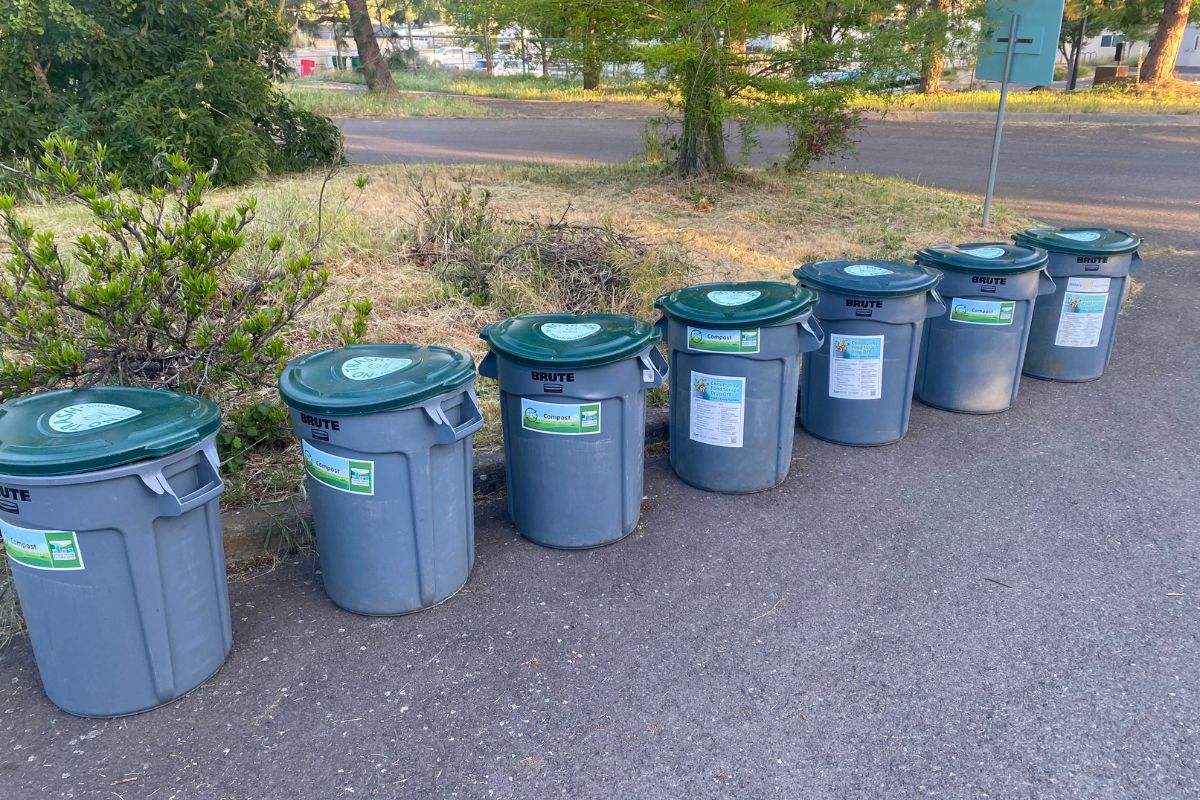
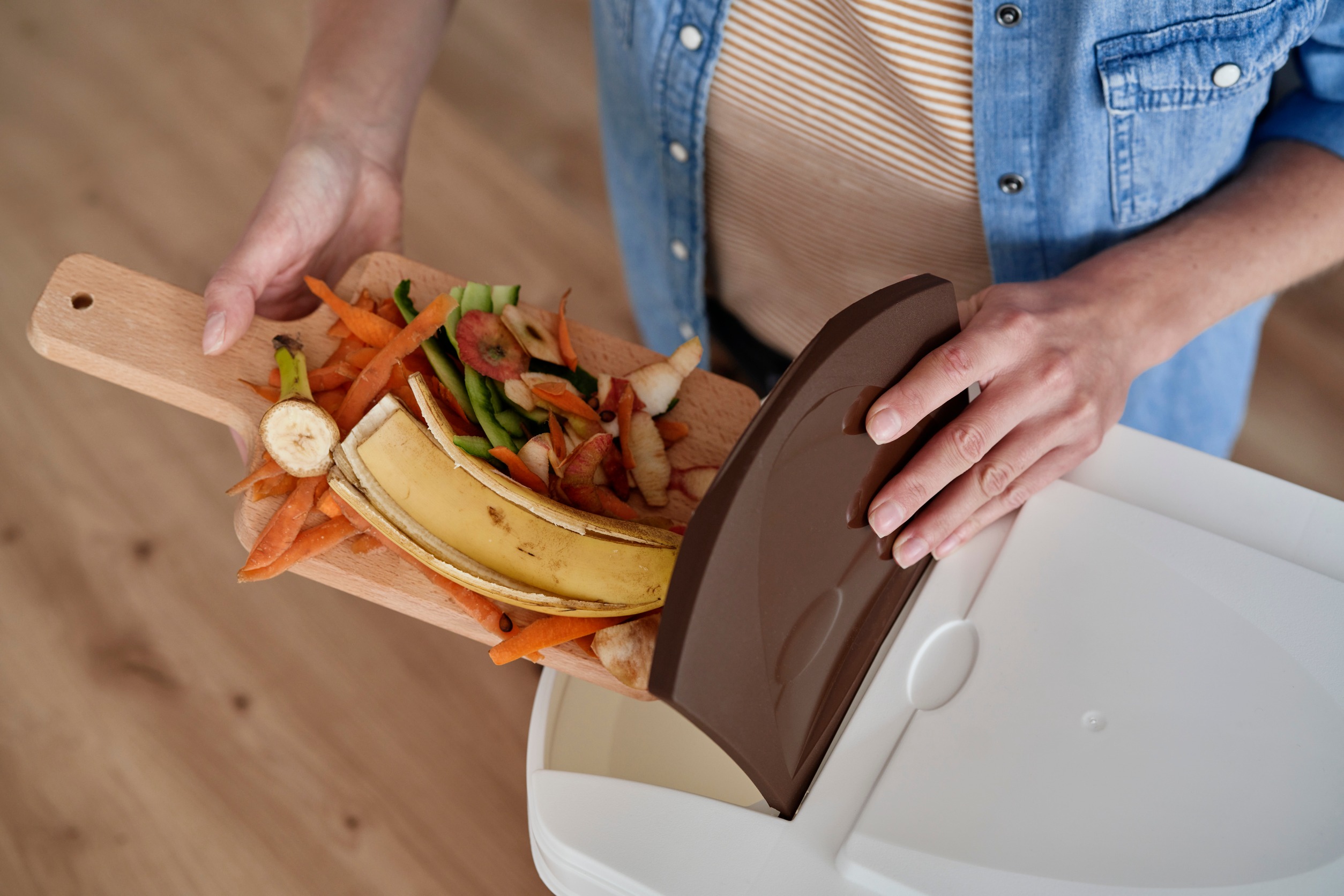
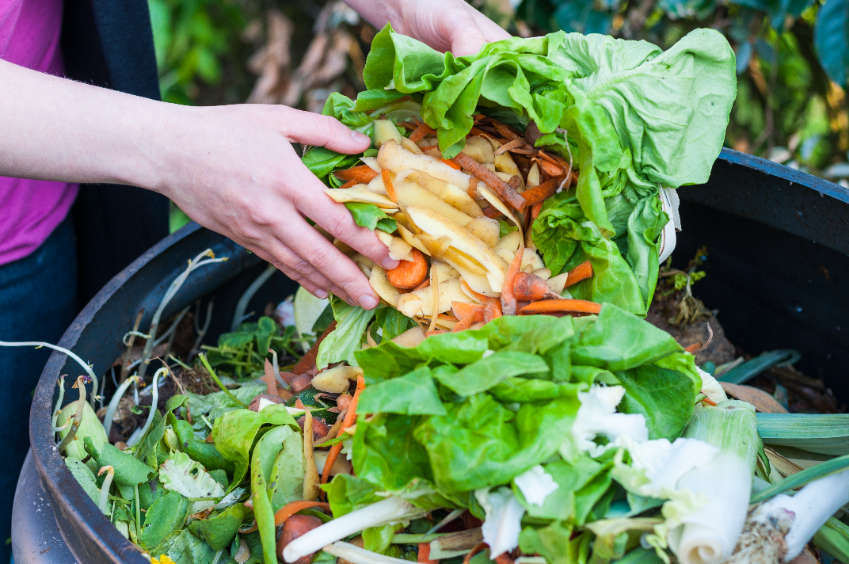
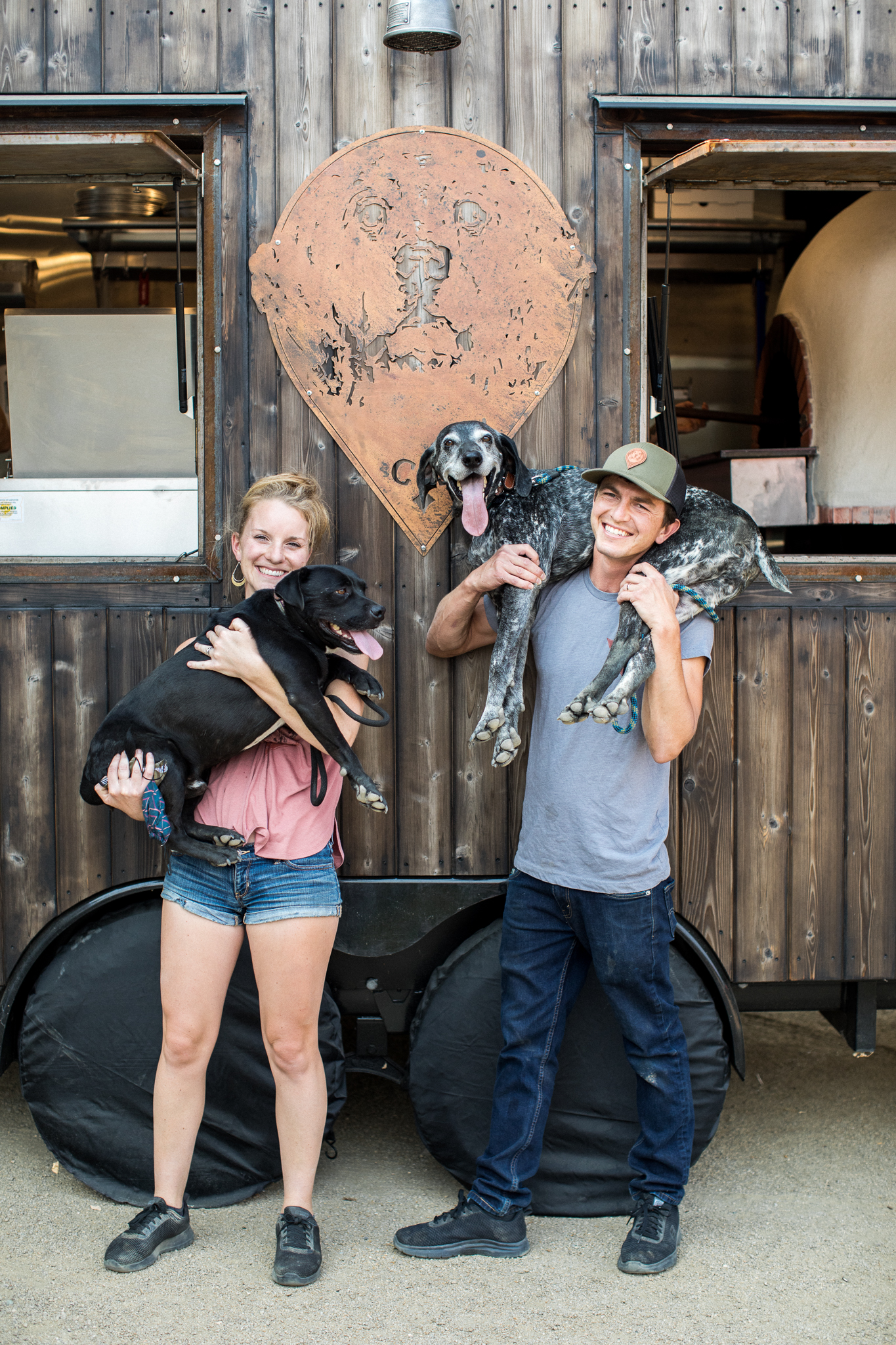 Support our Partners
Support our Partners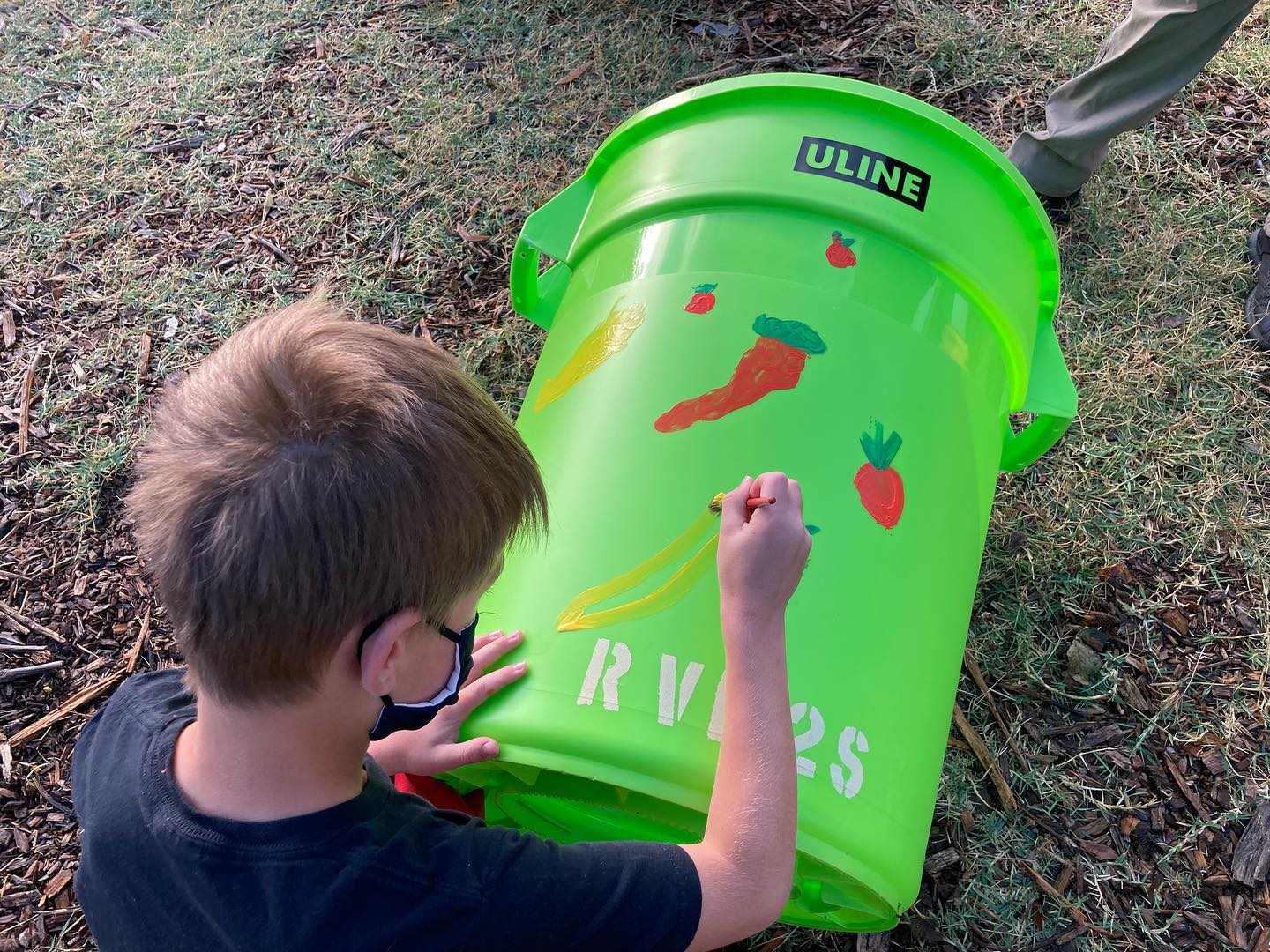 Public Schools
Public Schools
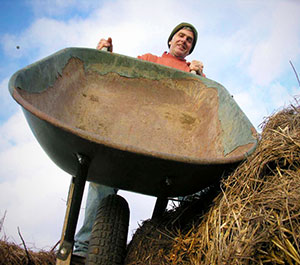
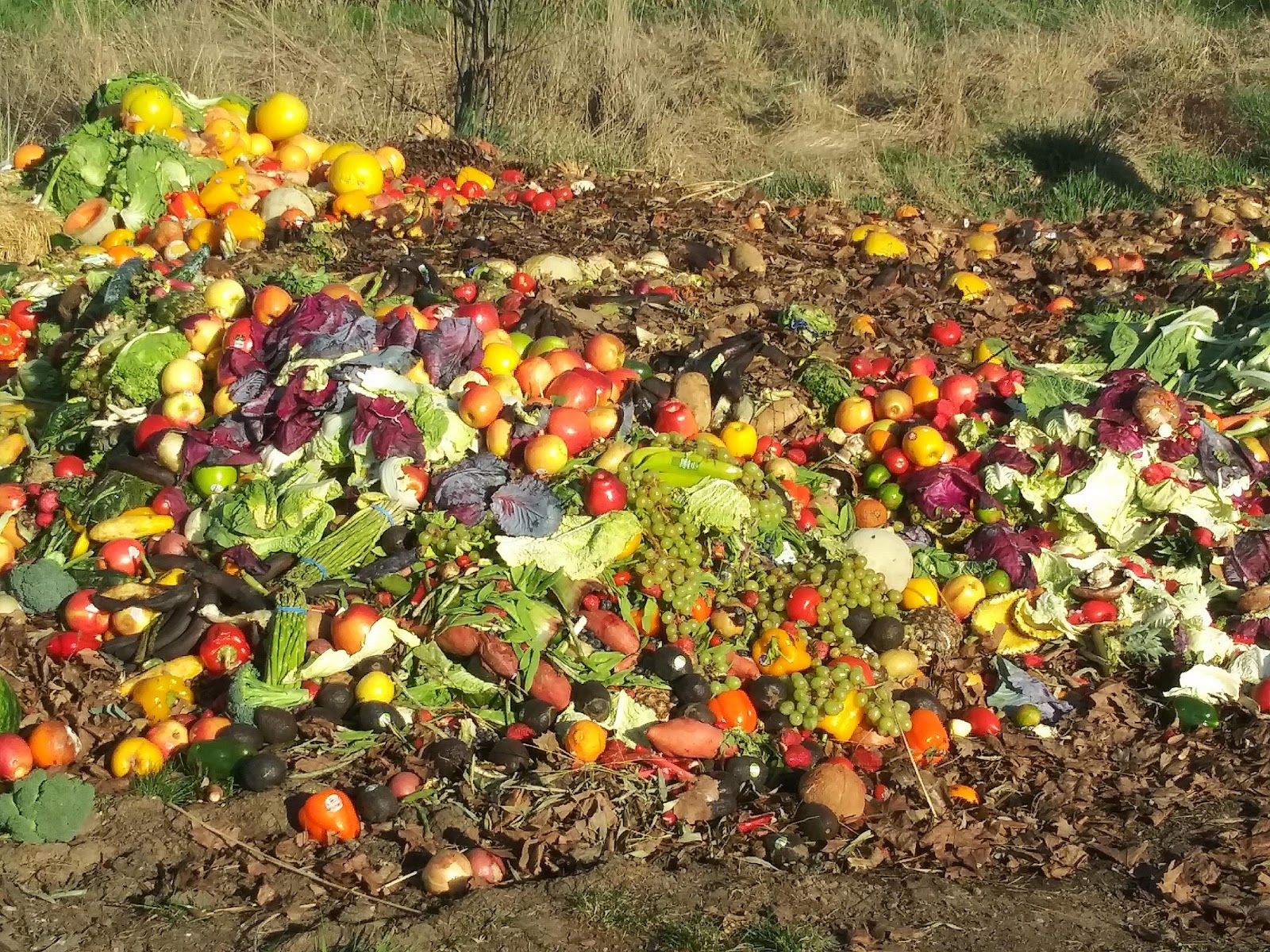 Happy Dirt Veggie Patch is a drop off point for
Happy Dirt Veggie Patch is a drop off point for 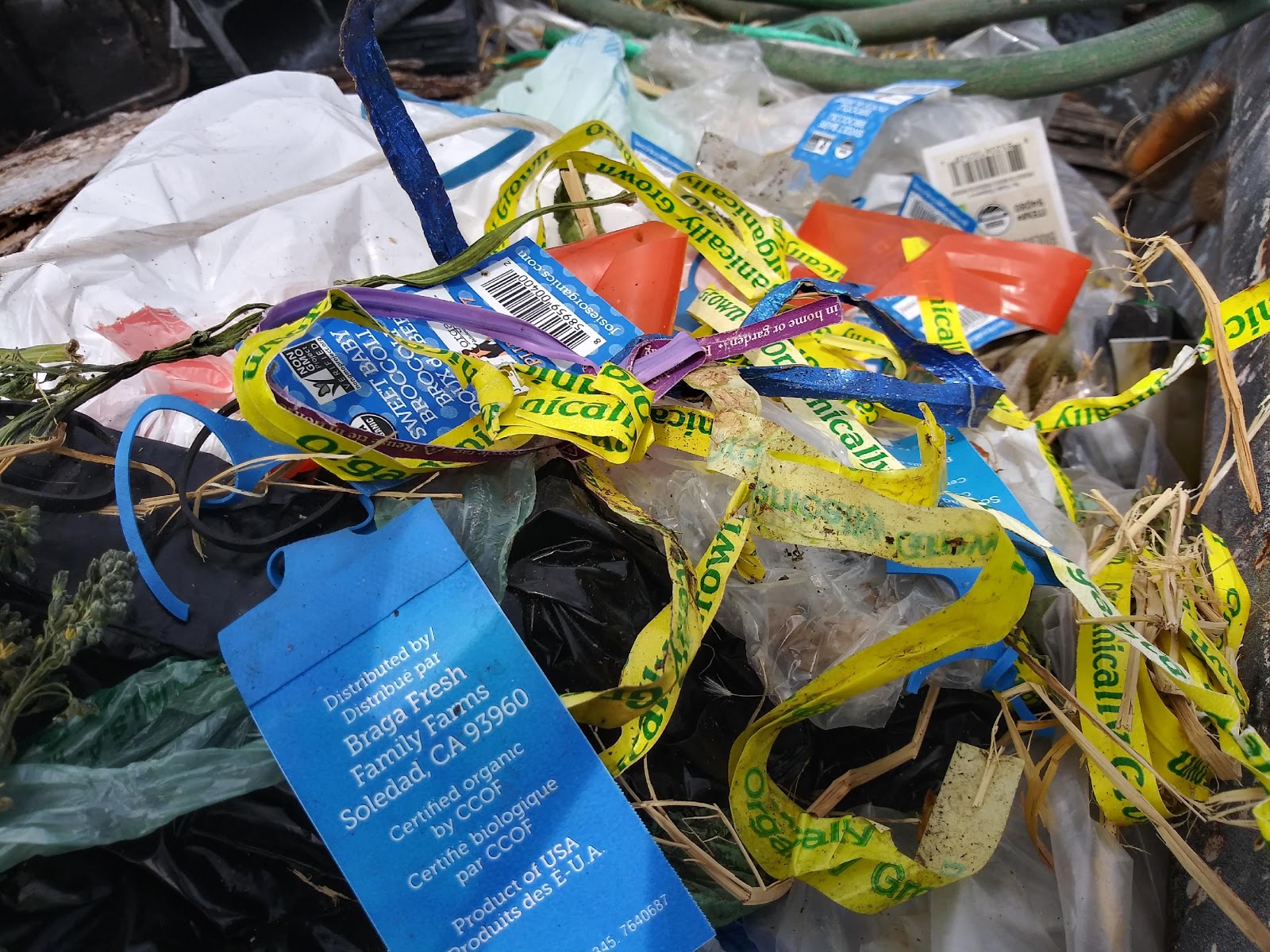 Packaging items that are labeled as “compostable” typically don’t work very well in our system, so we pick most of those out too. Thin green compostable bags work ok, but compostable cutlery and dishes, etc that are more substantial take much too long to digest in our small operation. So into the trash they go.
Packaging items that are labeled as “compostable” typically don’t work very well in our system, so we pick most of those out too. Thin green compostable bags work ok, but compostable cutlery and dishes, etc that are more substantial take much too long to digest in our small operation. So into the trash they go.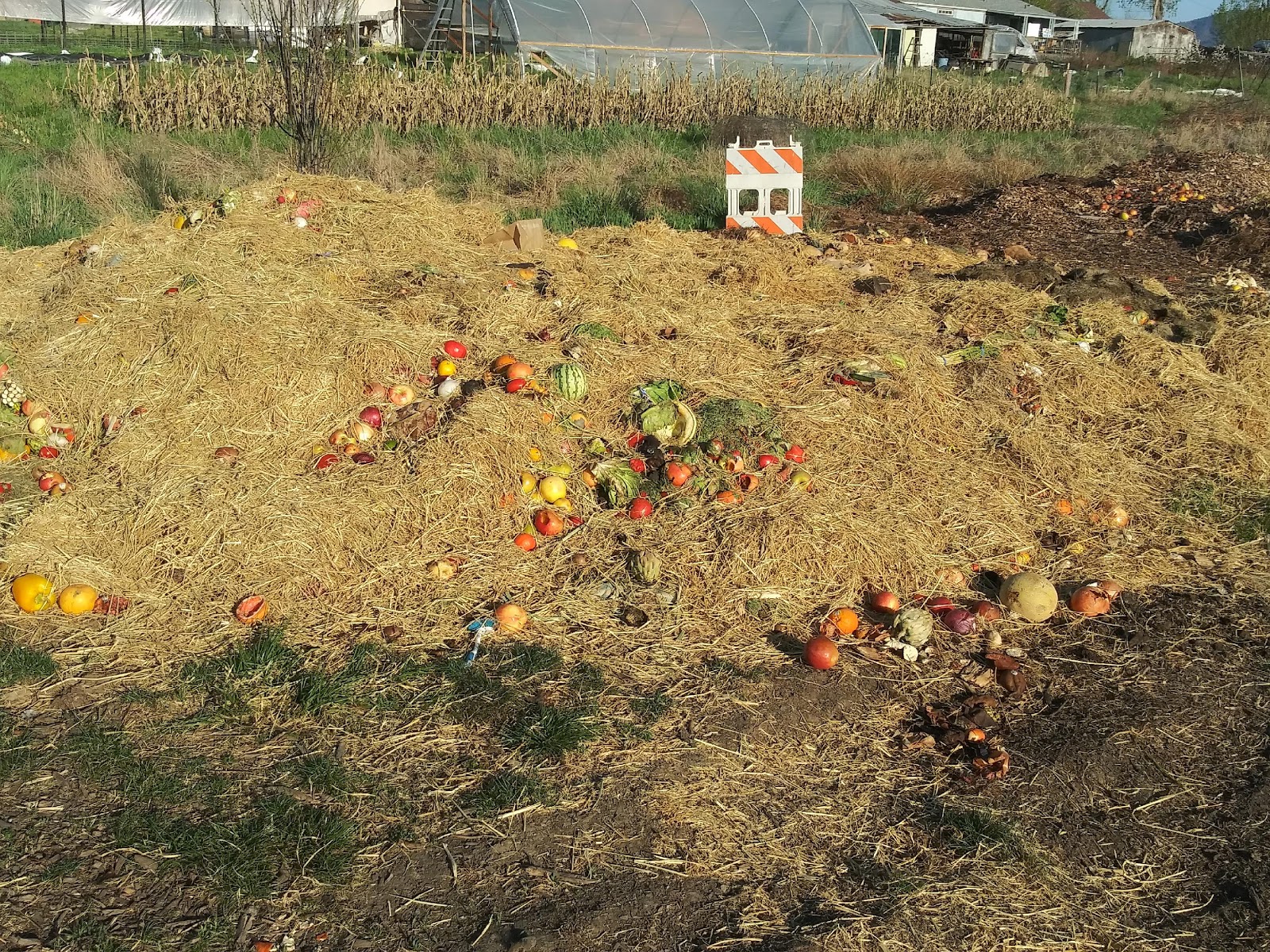 At night, there are other critters which visit the piles, mainly skunks, raccoons, and opossums. Feral cats are also on the prowl. These animals also like to feed on rodents, so there are no rats to be found and only rare sightings of mice.
At night, there are other critters which visit the piles, mainly skunks, raccoons, and opossums. Feral cats are also on the prowl. These animals also like to feed on rodents, so there are no rats to be found and only rare sightings of mice. 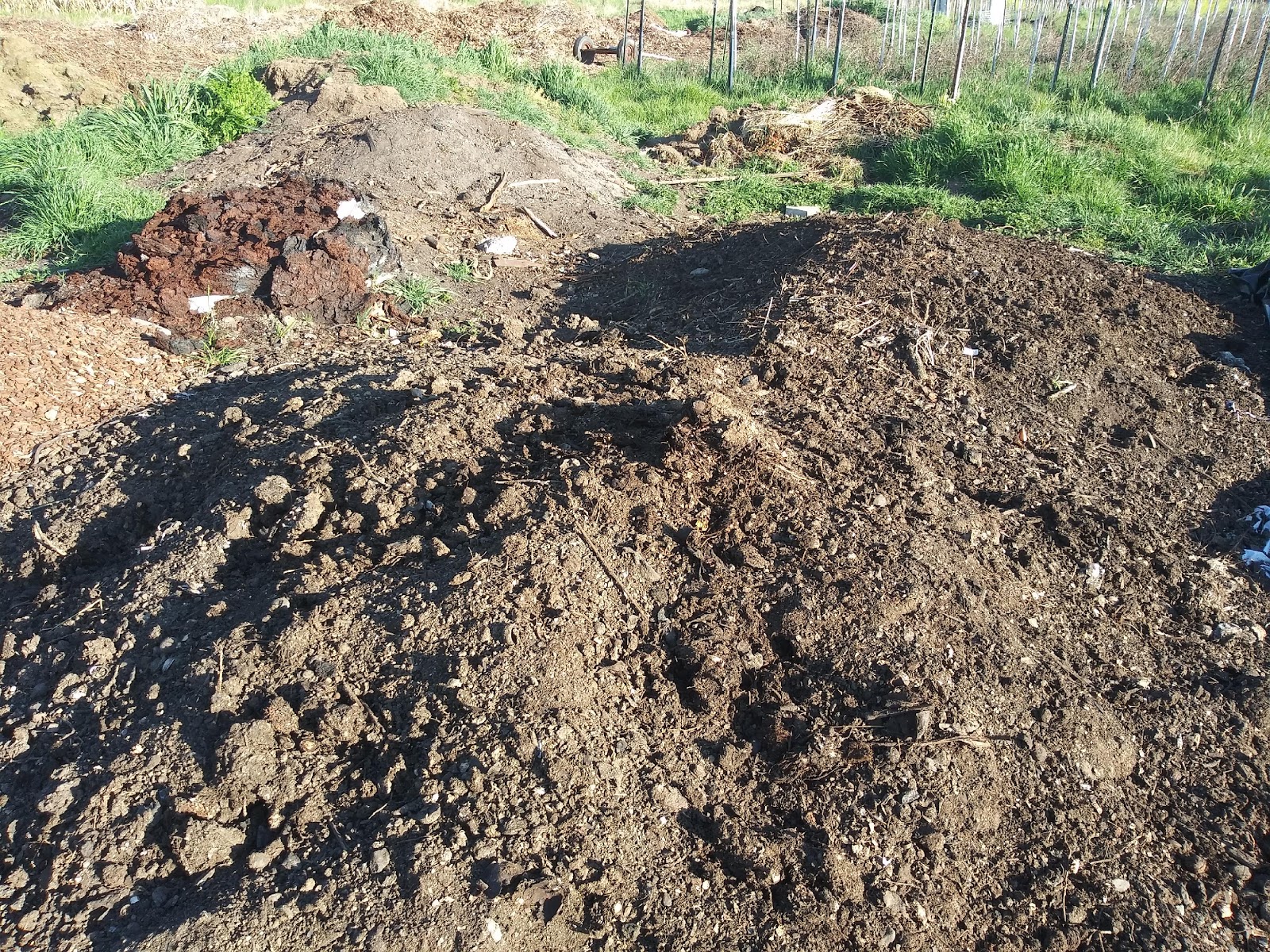 We are very thankful for all of those who contribute their compost through
We are very thankful for all of those who contribute their compost through 
